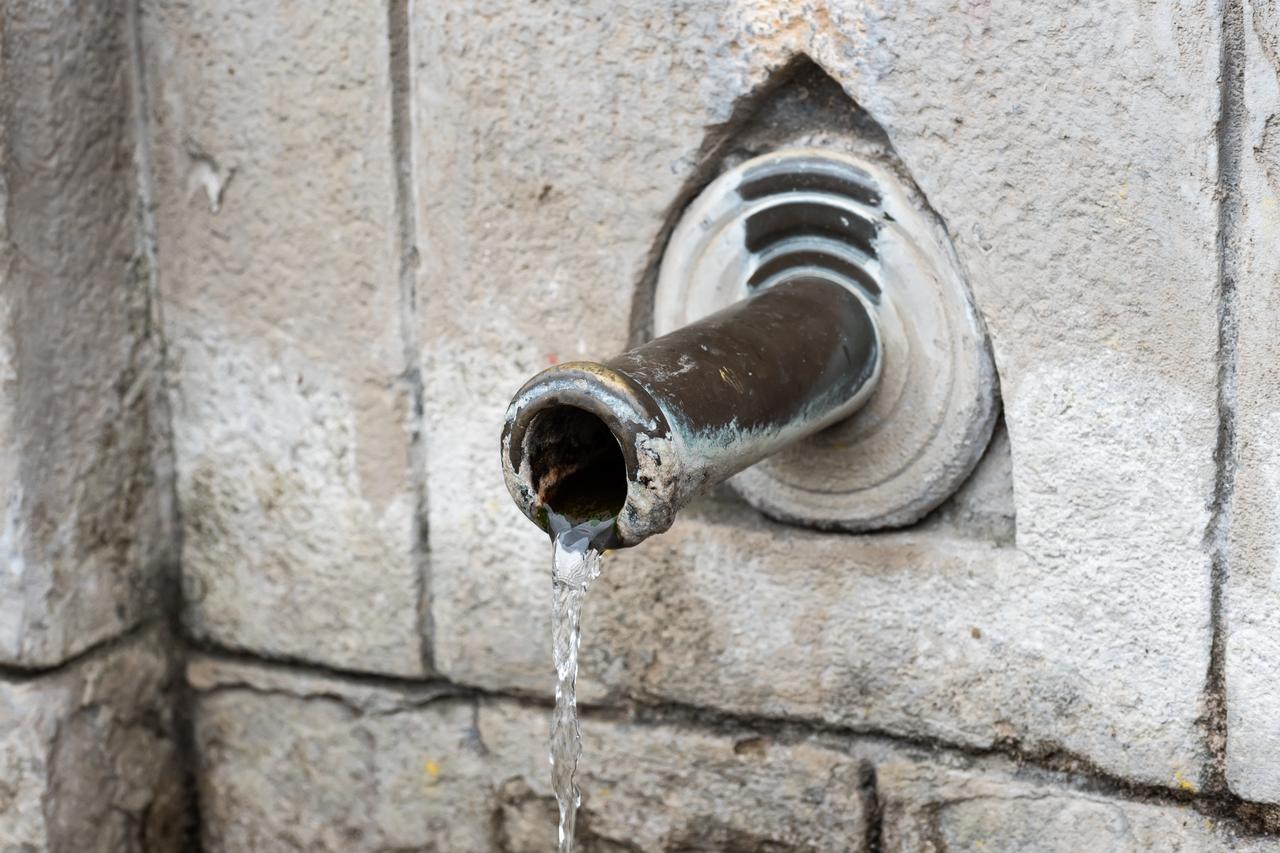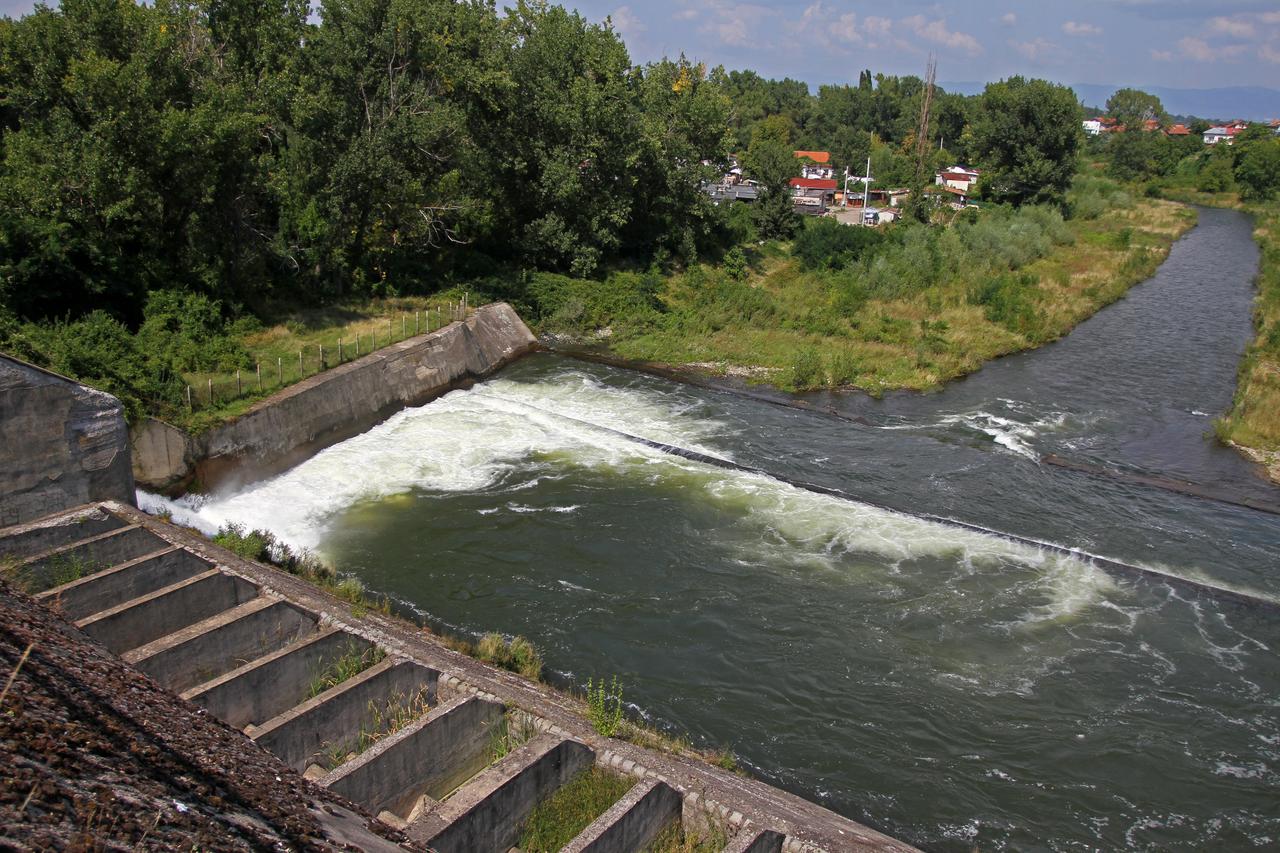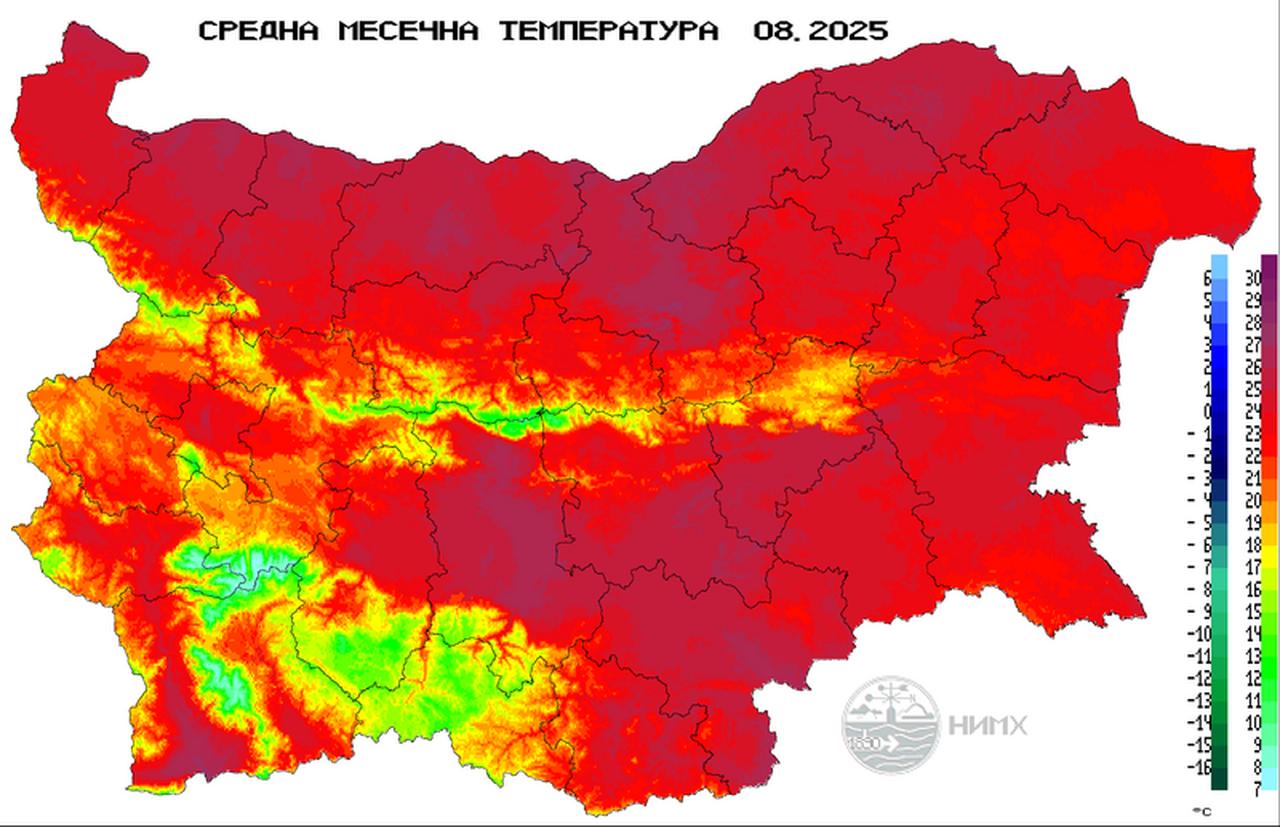
By August 2025, Bulgaria is facing one of the most serious water crises in recent history. Over the summer, the shortage has intensified, leaving hundreds of thousands of residents struggling for access to clean water and straining the country’s reservoirs and urban water supply systems.
Experts point to a mix of prolonged drought, aging water infrastructure and the growing effects of climate change as the driving forces behind the emergency.
Across the country, taps are running dry and reservoirs are shrinking to critical levels. More than 260,000 people in 16 cities and hundreds of villages are already experiencing limited water supply, forcing local authorities to implement strict rationing measures to stretch dwindling resources.
The primary sources of the water shortage are underground water sources, particularly in small settlements. According to Bulgarian News Agency (BTA), Minister of Regional Development Ivan Ivanov highlighted that many of these areas lack surface water sources and rely heavily on groundwater, which is rapidly depleting.

The crisis has been exacerbated by prolonged drought conditions, with spring rainfall well below the average of the last 25 years. Some reservoirs are only filled to a fifth of their capacity, and the country's water infrastructure, much of which dates back to the communist era, is in a state of disrepair. This aging infrastructure contributes to a 60% water leakage rate, the highest in the European Union.
In response to the escalating crisis, Bulgaria's parliament convened an emergency session on August 21 , 2025, to discuss immediate measures. A draft resolution was approved, aiming to establish a National Water Board to coordinate efforts across various institutions. Additionally, a new Bill on water supply and sewerage has been introduced, focusing on modernizing infrastructure and improving regulatory frameworks.

Prof. Emil Gachev of the Bulgarian Academy of Sciences warns that although the total rainfall hasn't dramatically decreased, its distribution has become highly erratic. Brief, isolated showers are followed by prolonged dry spells, especially in small settlements with limited water infrastructure, exacerbating water scarcity.
Reservoir levels reflect this trend starkly: as of mid-2025, they averaged just 63% full nationwide. In the Northwest and Northeast regions, water levels dipped below 50%, with some reservoirs even falling under 25% capacity. Spring rainfall over the past four years has also been markedly low, with June 2025 receiving only 30% of the average precipitation, heightening evaporation and draining supply.